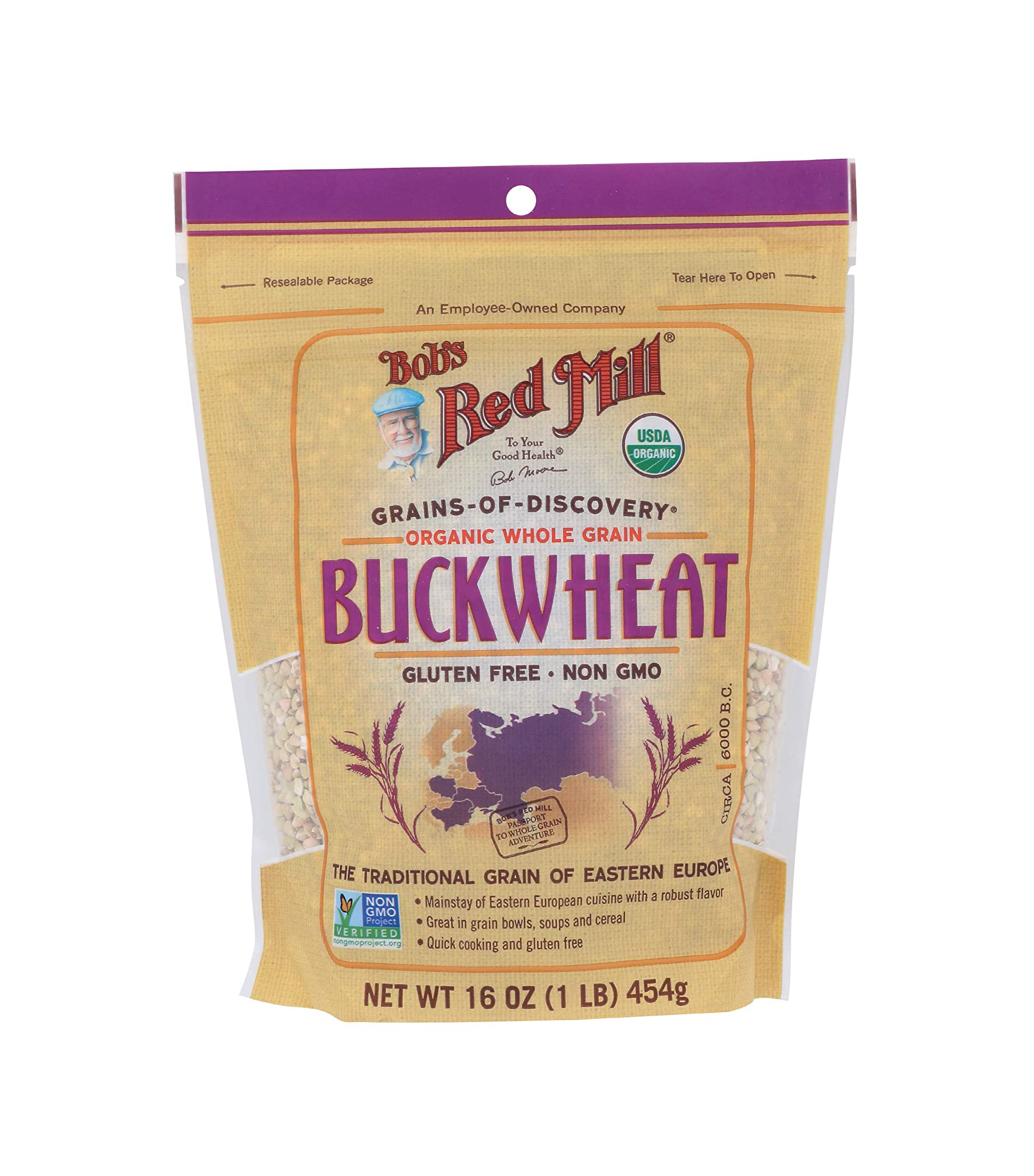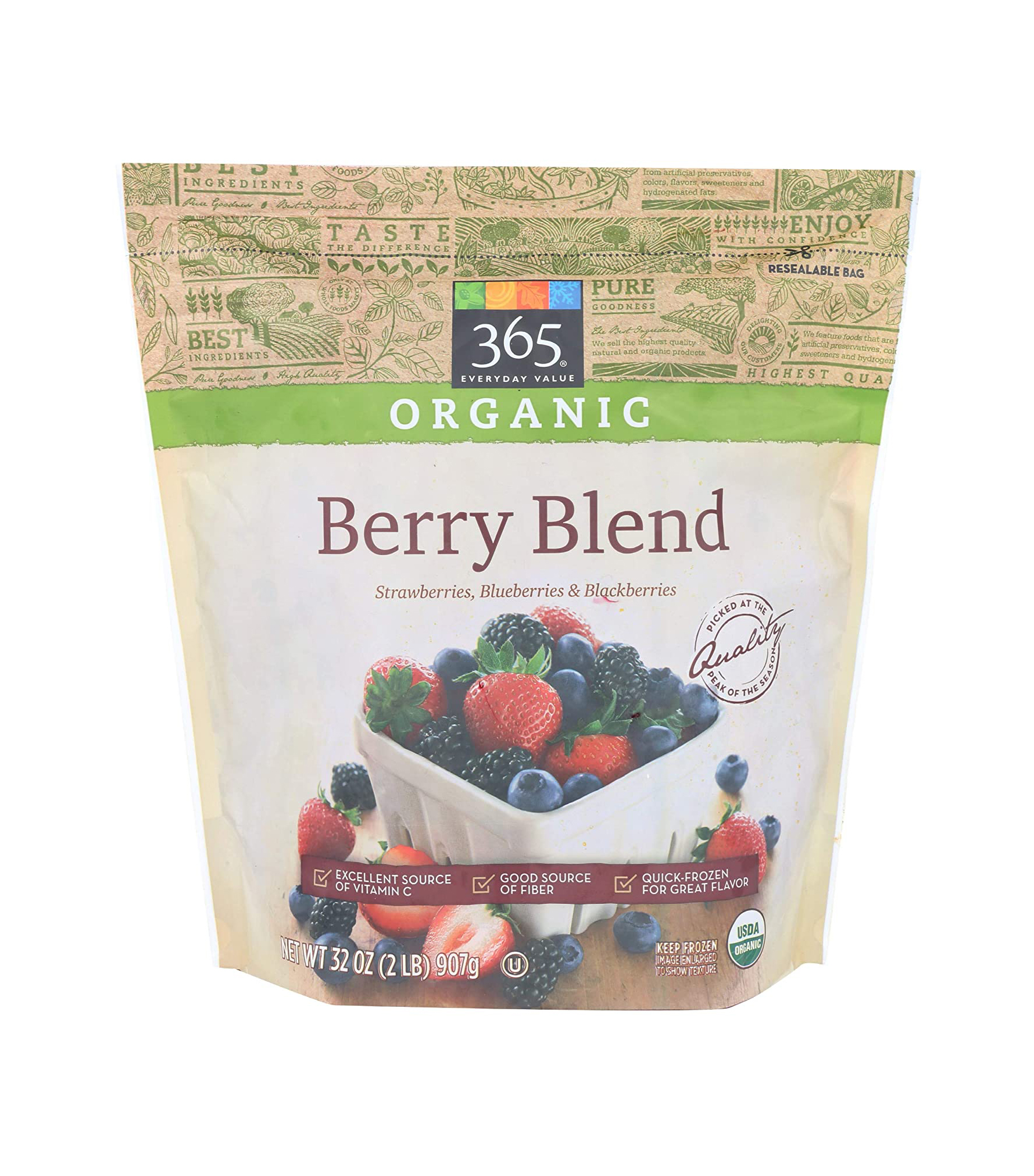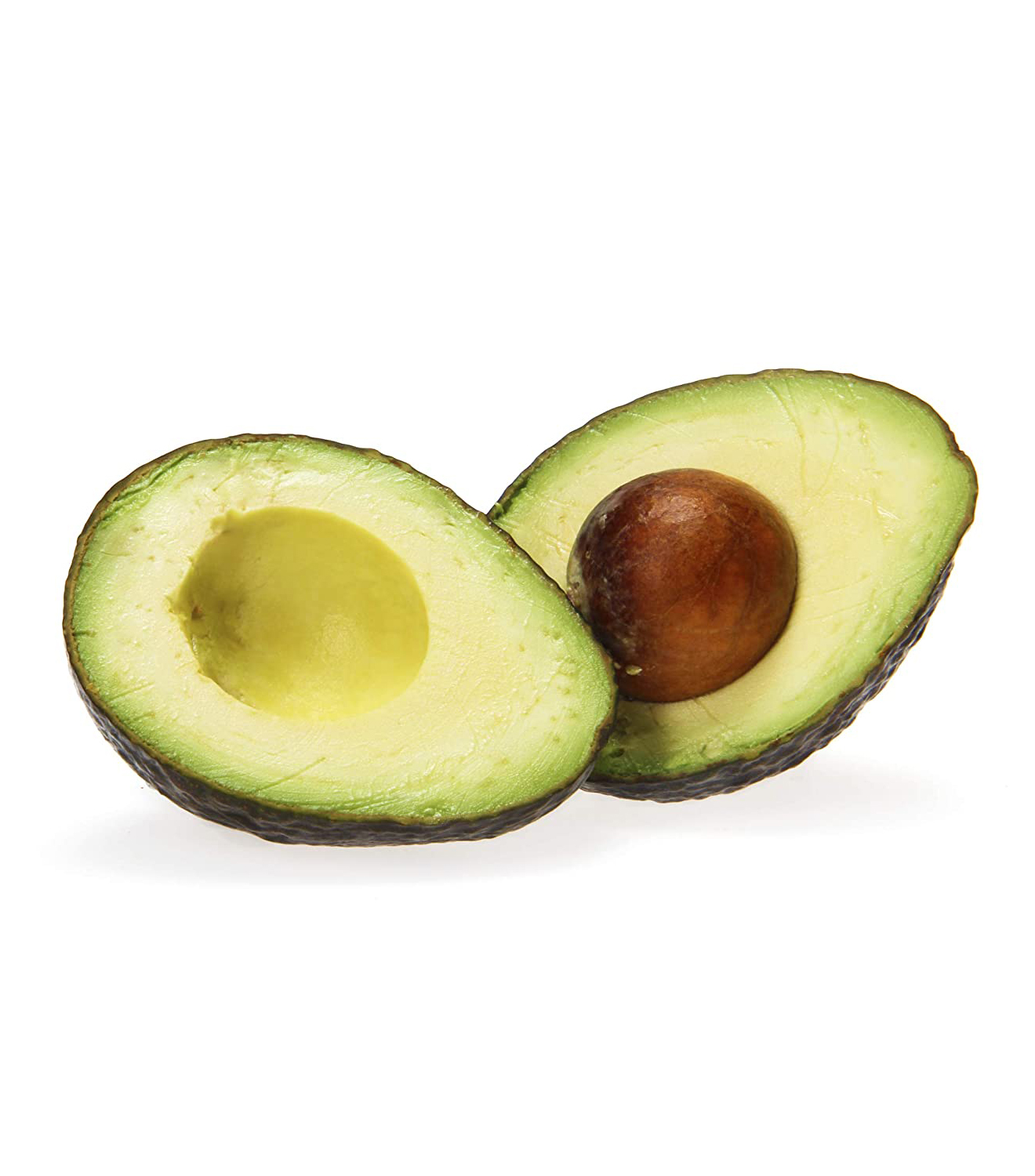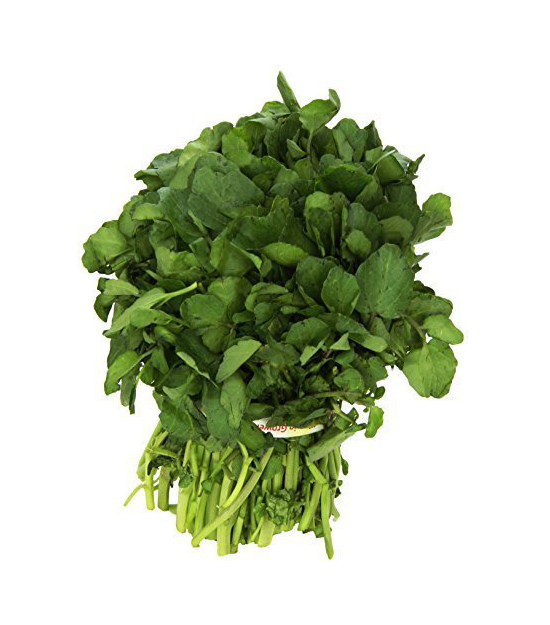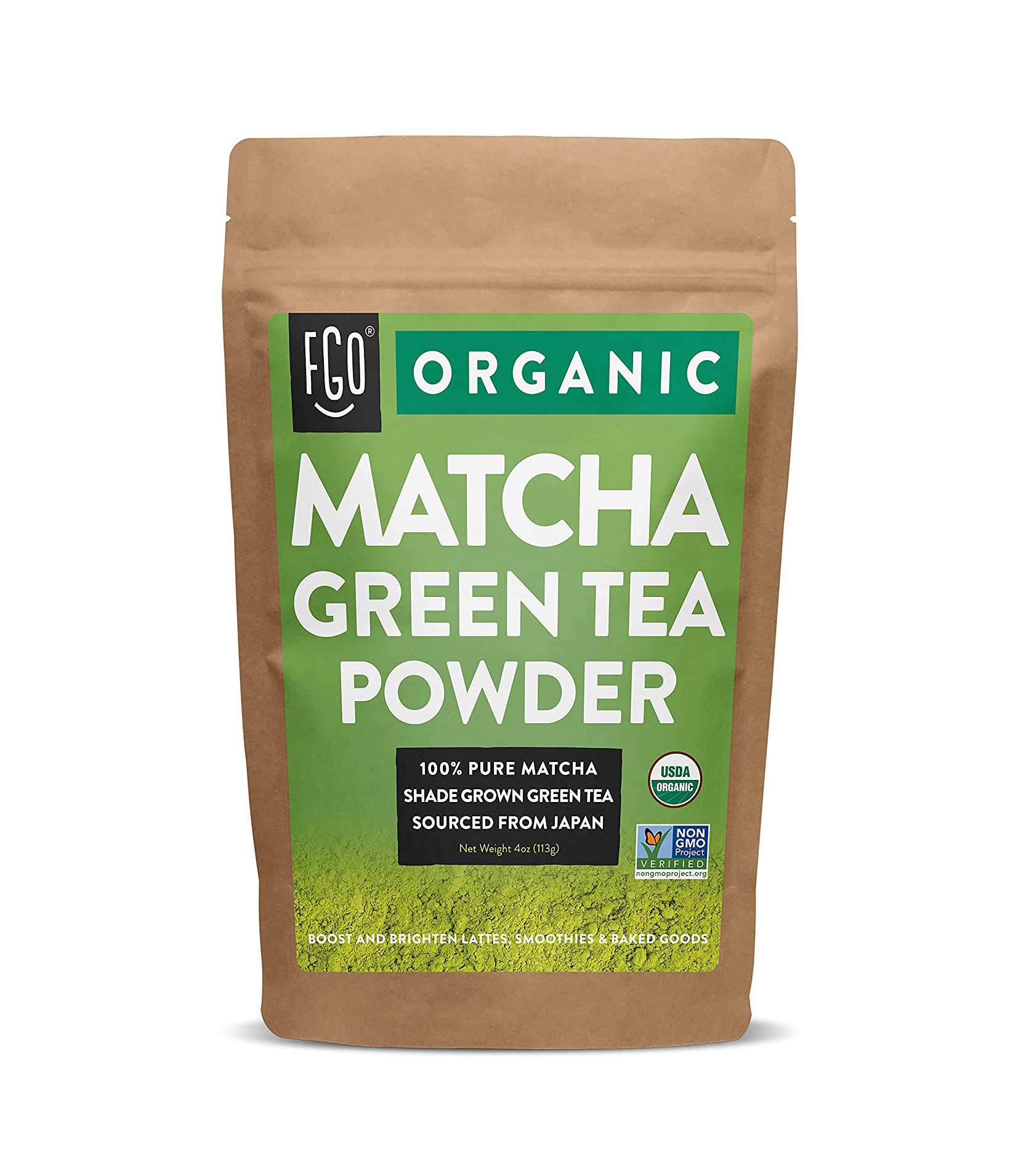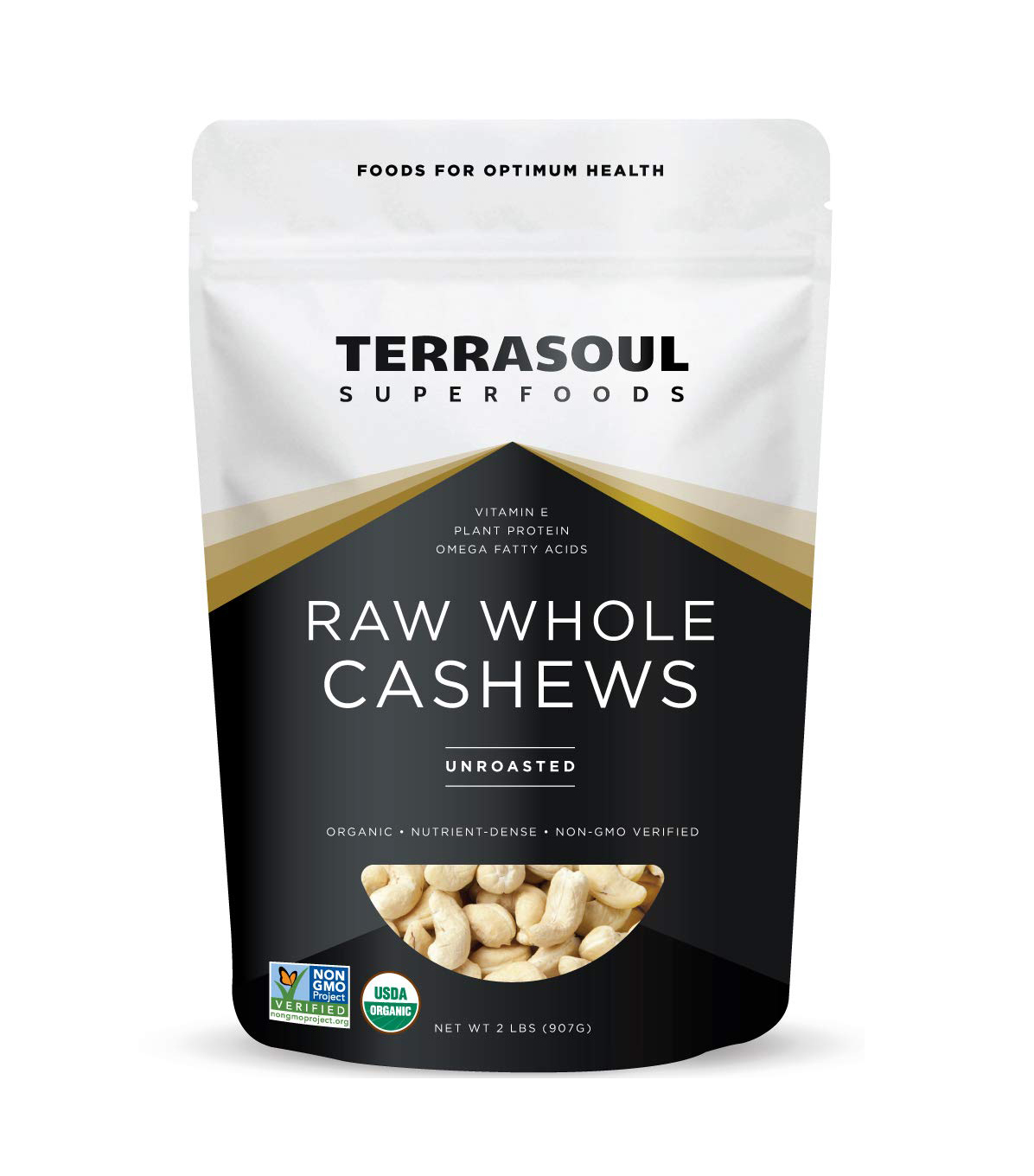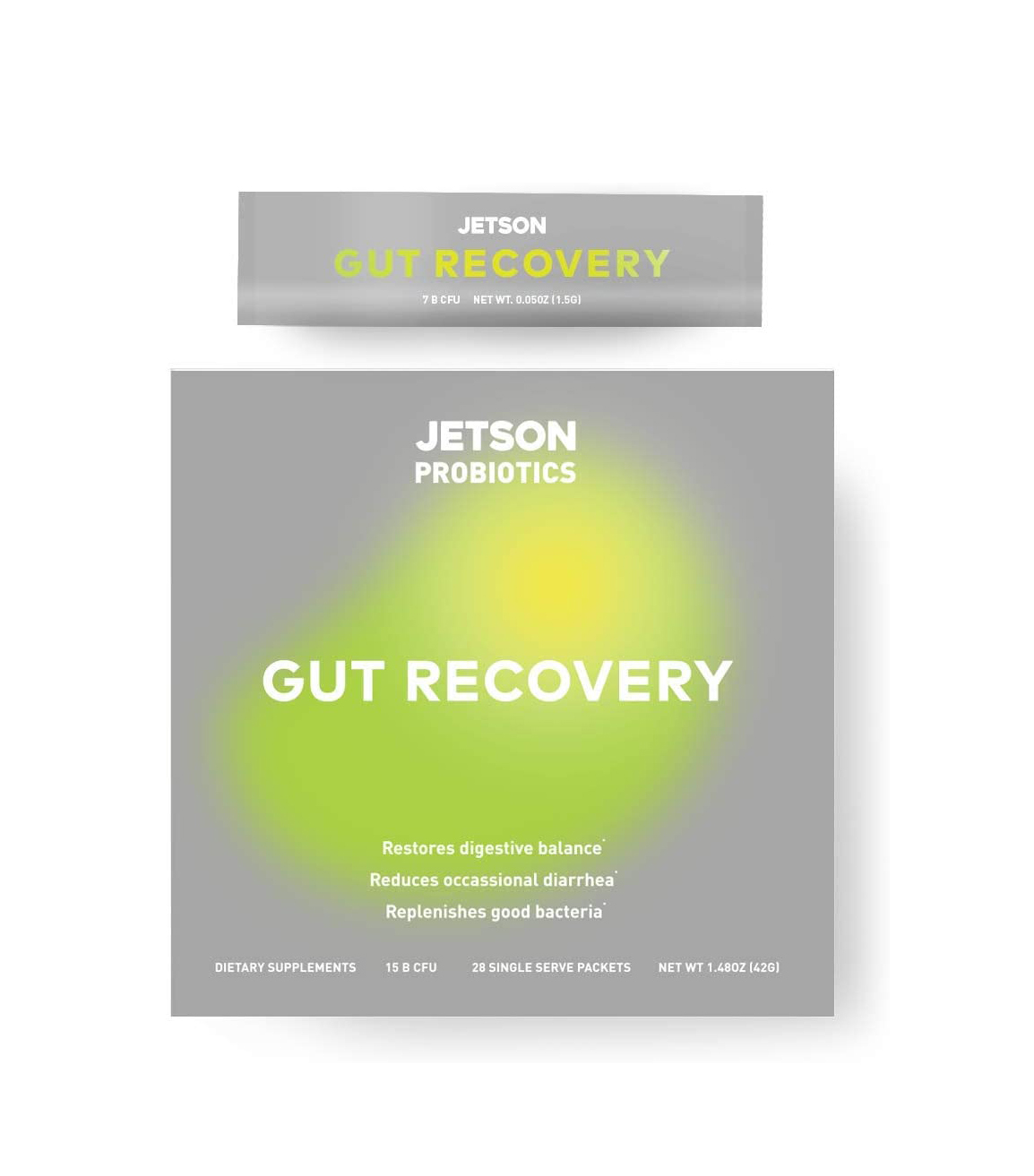7 Foods to Avoid If You're Dealing With Acne and What to Eat Instead
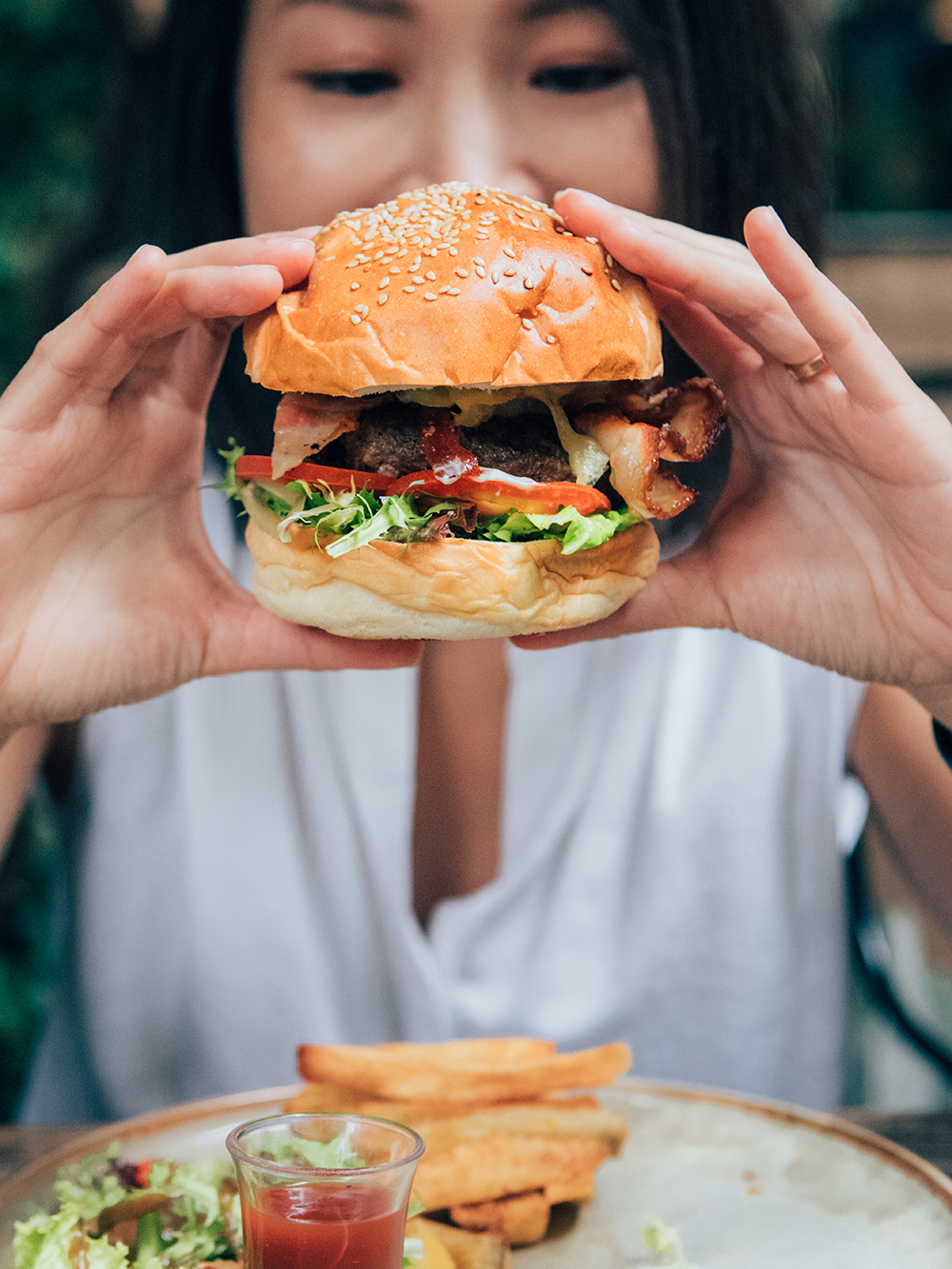
How many long weekends have you spent consuming snacks, snacks, and even more snacks only to wake up at the end of it to some new pimples? While the cause can be a combination of things like lack of sleep or forgetting to take off your makeup, it might also be due to what you'd been eating.
Acne is directly caused by excess oil production—dead, sticky skin cells that clog pores; bacteria; and inflammation—which are all natural things that can happen to anyone. Hormonal changes, stress, dehydration, and congested pores from products can increase oil production. And since it's your biggest organ and the largest detoxifying organ, your skin can get quite clogged up. You could look to your acne as a clue in figuring out what's going on inside.
And sometimes what's going on inside involves the foods you're consuming. Use this list below as a guide of foods to avoid that could make your acne worse. It's important to remember, though, that we still have much to learn about the link between skin health and your diet. And sometimes acne can be caused by things out of your control like genetics. So, it's helpful to chat with a dermatologist about your acne problems to figure out your exact situation.
Foods That Cause Acne
1. Processed Sugar
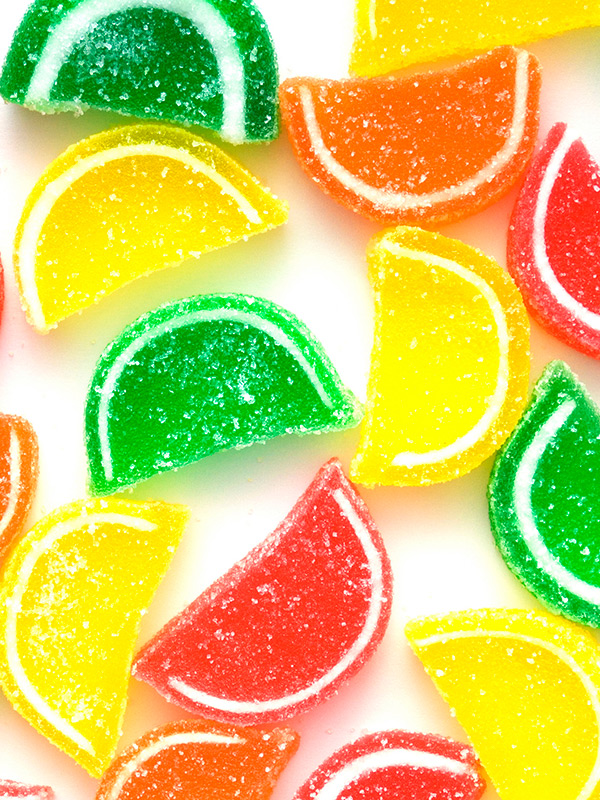
The issue with sugar starts with a spike in blood sugar but continues into a long cycle of other concerns. When the body detects an increase in blood sugar, it reacts by releasing insulin, a master hormone that increases other hormones such as androgens, which are male hormones that when excessive can result in cell death, and cause inflammation in the skin, which creates free radicals and oxidative stress. Additionally, an increase in insulin levels also encourages sebum production that leads to oily and blocked pores, leaving skin dehydrated and dull.
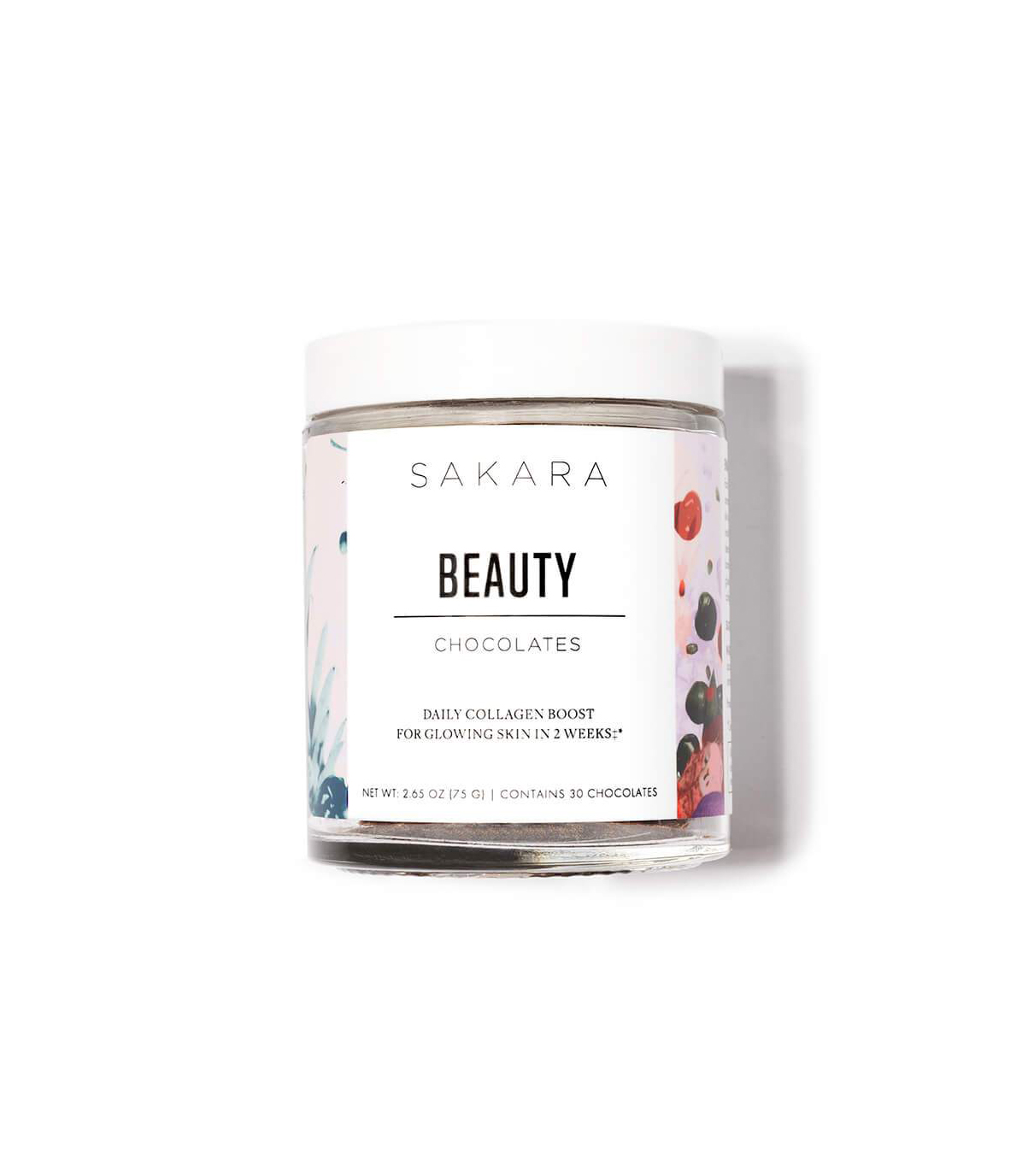
The Sakara Life Beauty Chocolates save me when I absolutely need to satisfy a sweet-tooth craving that cannot be cured with some more food or a bite of fruit. With only one gram of sugar, they contain plant-based collagen that helps boost skin moisture, texture, and elasticity.
2. Dairy Products
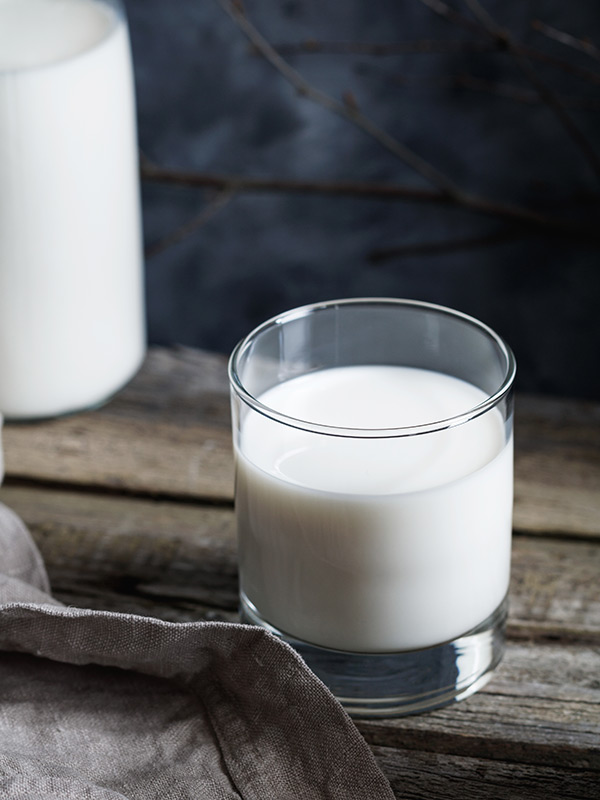
The common perception is that it's the fat in dairy products that trigger acne, but the harm lies in the protein itself. Studies suggest that the whey and casein proteins in milk stimulate growth (aka the star in protein powder), and in fact release a similar hormone to insulin, called IGF-1. The hormone actually increases oil production and in the long run, can affect your actual oil glands. When it comes to chocolate bars, it's not the chocolate that often gets a bad rep, but the milk in it that causes acne, so just switch to dark chocolate!
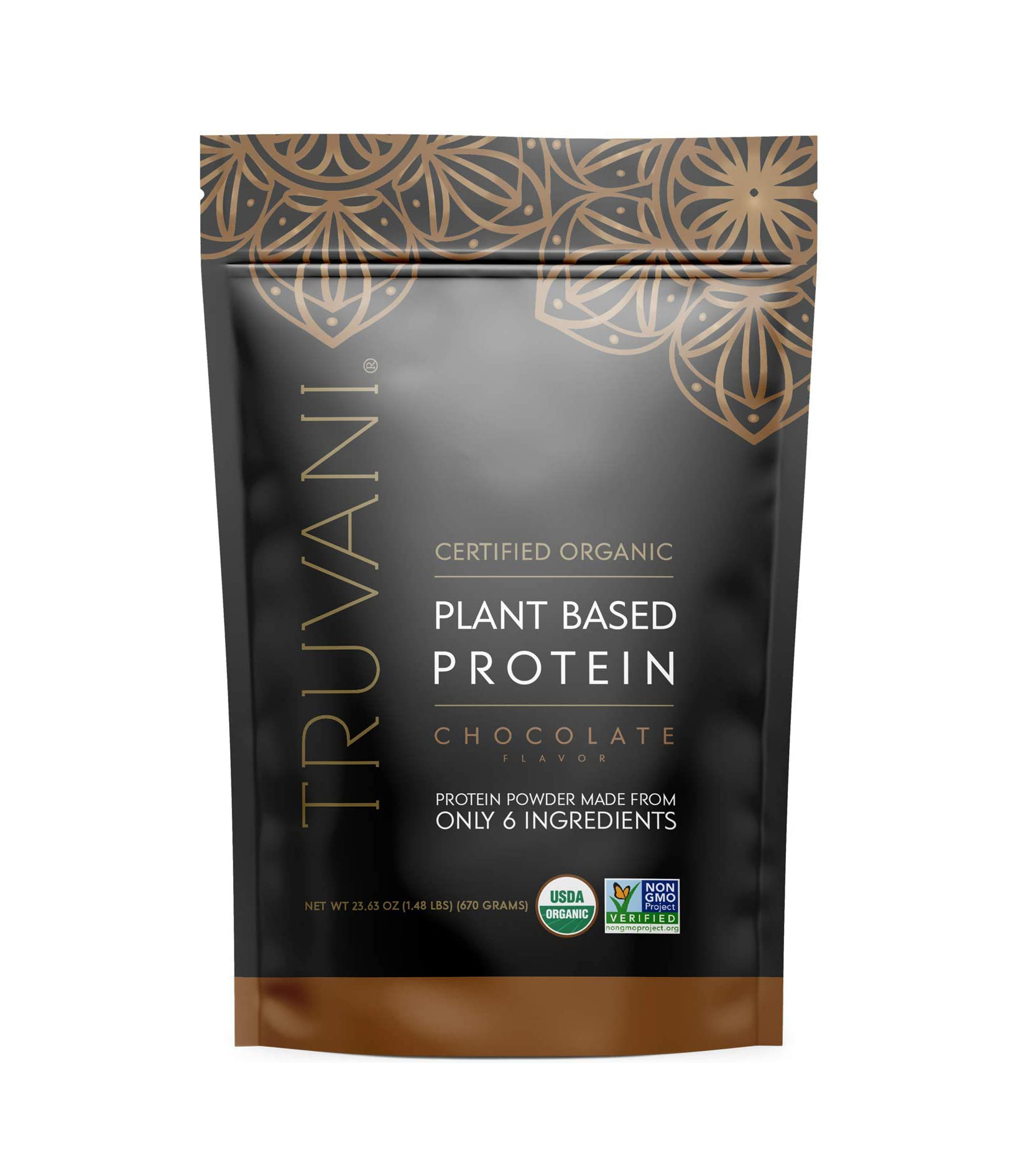
Try substituting your protein shake for a non-dairy version. My absolute favorite brand is Truvani, and with several flavors and 20 grams of protein, there's no reason not to try one.
3. Refined Carbs
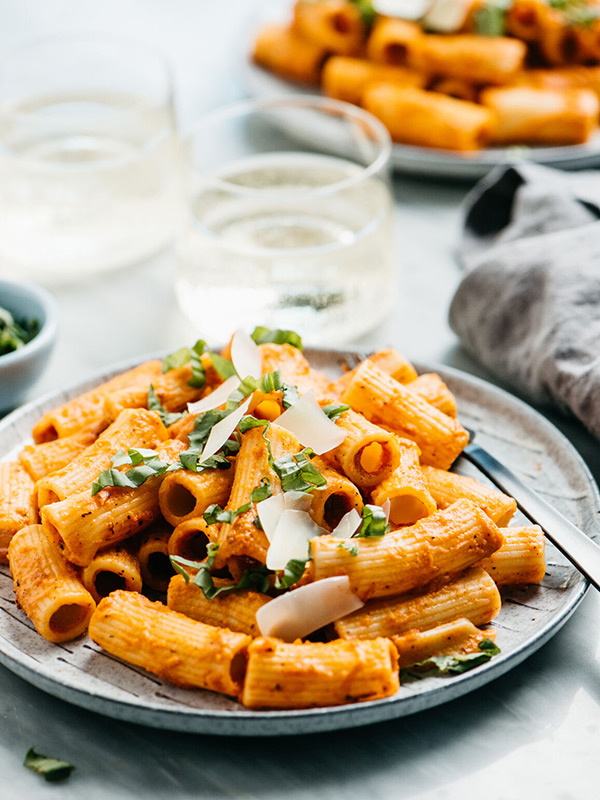
Another part of a high-glycemic diet is fast-digesting carbohydrates such as white bread, pasta and rice, crackers, pretzels, and processed snacks. "Since the nutrients and fibers are removed, refined carbohydrates generally have a higher glycemic index, the rate at which a certain food raises blood sugar," NYC-based dietician Sarah Kassin says. "That rise in blood sugar causes our bodies to produce more insulin and that insulin spike will trigger the production of certain hormones and the production of sebum and oily skin, which can lead to acne. Look to complex carbs instead, such as millet, quinoa, amaranth, and buckwheat, which will keep you full without craving the pasta and snacks."
4. Trans Fats
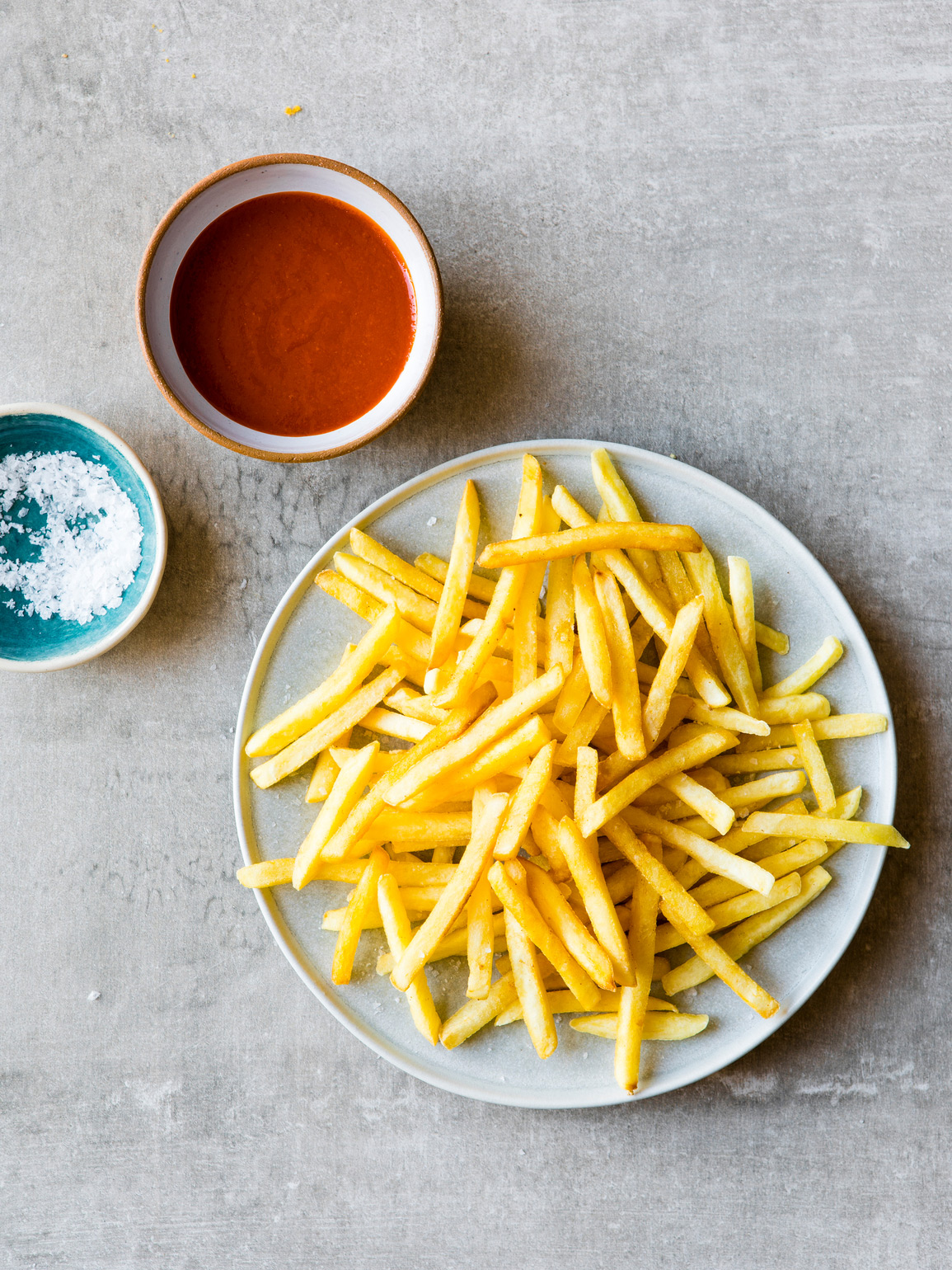
Not a news flash to anyone, but overly processed trans fats and oils are culprits in causing breakouts for a myriad of reasons. Since they contain no nutritional value whatsoever, it's difficult for the body to digest, and has to be released somewhere—aka the skin. Since our bodies are water-based, oils such as vegetable oil, margarine, and animal fat are extremely difficult to metabolize, challenging our digestive system and our liver, which mirrors our skin. It doesn't help that fried foods tend to be packed with refined sugar and carbs, so it's best to avoid them for all reasons!
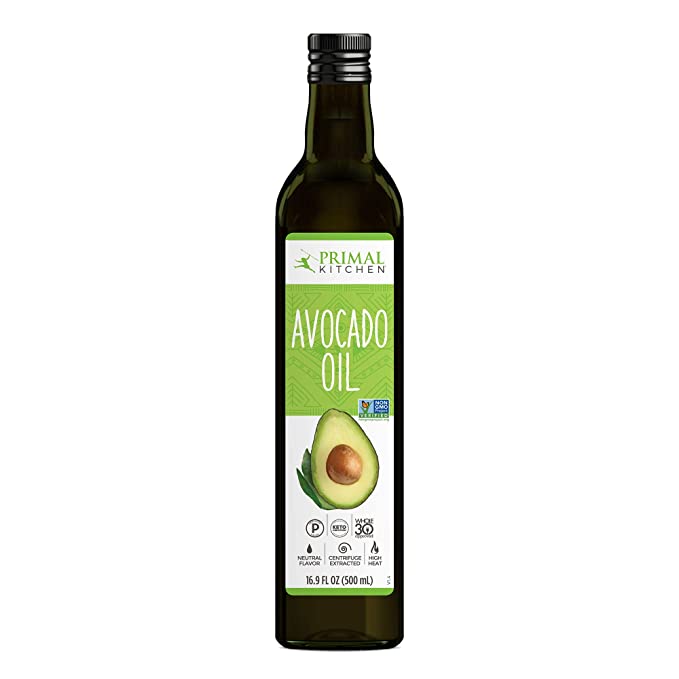
Try omega-rich avocado oil instead to get in a healthy dose of heart-healthy oleic acid and vitamin E.
5. Alcohol

While it might be the sugar in alcoholic drinks that can cause inflammation in the skin, it also is in the alcohol itself. As you drink, testosterone levels can go up, causing your body to start producing more androgens and stimulating your oil glands. Additionally, alcohol dilates the pores of the skin, leading to blackheads and whiteheads, which can lead to cystic acne, dry and aged skin, or permanent scarring.
6. Acidic Foods
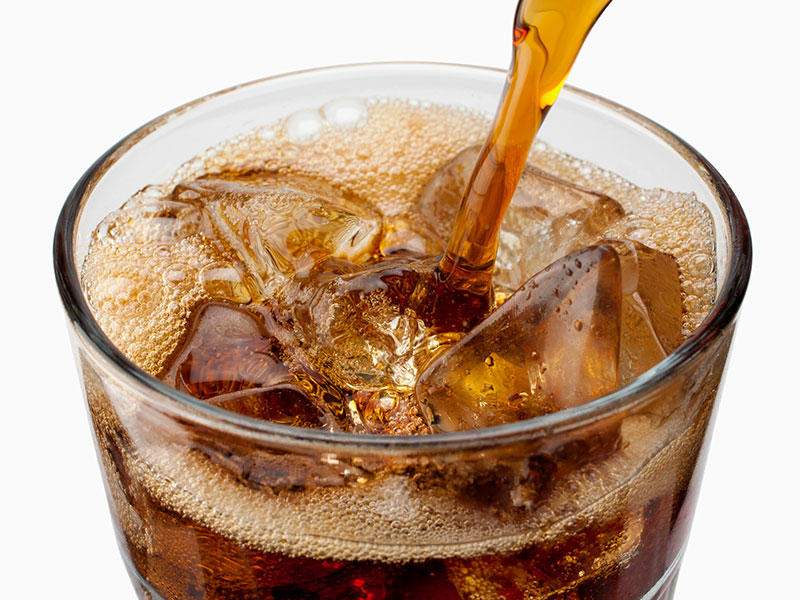
Acne can be a sign that your body is too acidic, as the eliminative organs become overwhelmed and cannot remove all the waste. One of the most acid-forming foods is soda, and that includes diet soda as well! Aside from being nutrient-deficient and high in calories and sugar, the collection of acidic chemicals, like carbonic acid and phosphoric acid will demineralize teeth and so much more. Other acidic foods include animal protein, processed foods, refined sugar, and dairy products. Again, it all connects.
7. Saturated Fats
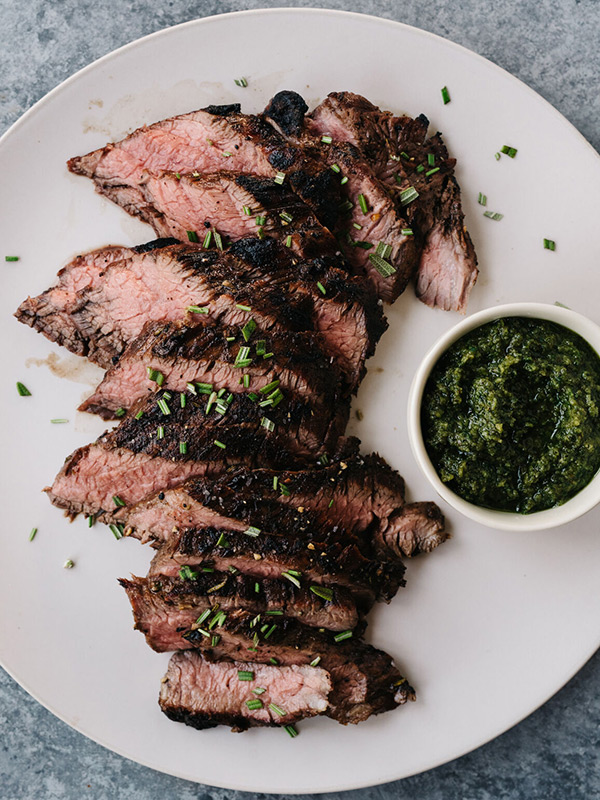
"Similar to refined grains/sugar, saturated fats increase insulin-like growth factor 1 (IGF-1) and can exacerbate acne. Some foods that contain saturated fats include butter, red meat, cheese, and hydrogenated oils." shares Mascha Davis MPH, RDN, founder of sustainable seafood snack MiniFish.co and author of Eat Your Vitamins. "Hydrogenated oils can affect the cellular membranes (the walls) of the skin and cause the skin to become less elastic and dry out, often forcing the skin to produce more oil which may lead to acne growth."
What to Eat for Clear Skin
For balanced, clear, and hydrated skin, whole plant foods are easier to digest and will help clear the system of toxins so you can get the right spectrum of nutrients for a healthier balance.
1. ANTIOXIDANTS
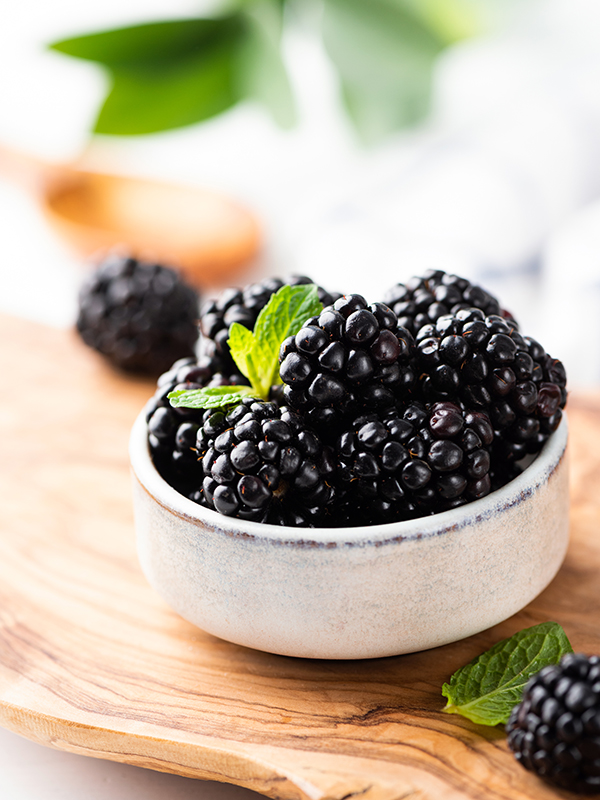
The number one acne fighter? Antioxidants. And berries contain a whole pack of them, plus vitamin C. "They help fight free radicals and the damage that comes along with them, including acne, scarring, and aging," shares Kassin. "They also help protect our skin from the damage caused by pollution in the air and UV rays by stimulating blood flow in our skin, helping new skin cells to grow." While strawberries are known to boost collagen fibers, keeping skin smooth and supple, blueberries are vascular constrictors, which help decrease redness, making for clearer, healthier skin.
2. Omega-3 Fatty Acids
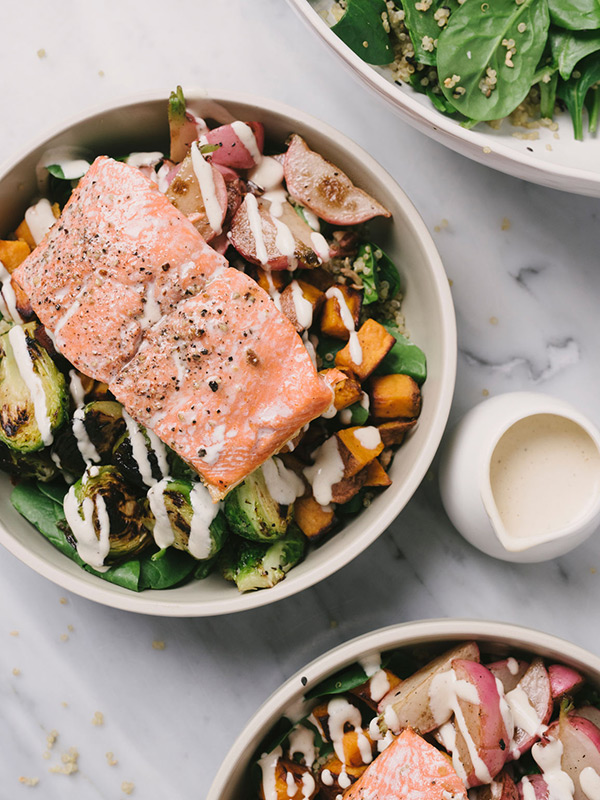
While trans and saturated fats should be avoided, fats are crucial to providing energy, supporting cell growth, protecting organs, and keeping your body balanced. Anti-inflammatory omega-3 fatty acids have been linked to a reduced risk of developing acne, and overall skin health as it keeps skin supple and prevents moisture loss.
Healthy fats such as avocado, nuts, seeds, and fatty fish should be part of your daily routine. Just be sure to eat healthy fats with leafy-green salads to ease digestion, and don't overdo it, as the excessive intake of any fat and oil, even if it is raw, can lead to breakouts.
3. Vitamin A
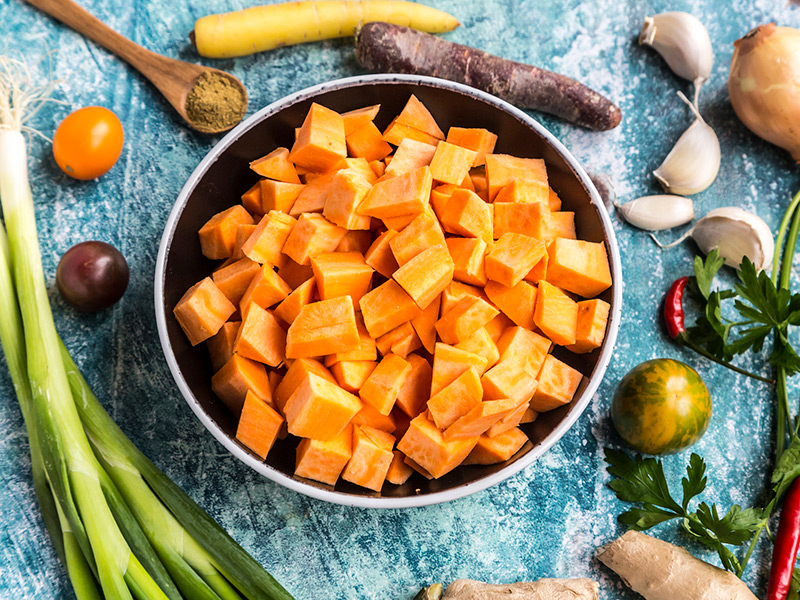
Some research has found that a deficiency of vitamin A is also associated with acne. And it makes sense, as its counterpart, retinol, is crucial for skin health as it stimulates the production of new skin cells. Orange-colored foods such as apricots, sweet potato, and cantaloupe and green-colored foods, such as arugula, broccoli, and spinach all help decrease inflammation.
Perhaps try watercress, which contains vitamins A, B1, B2, C and E, and neutralizes acidic waste products throughout the blood and lymphatic system while promoting the delivery of minerals to the skin cells, making it a great acne fighter.
4. Green Tea
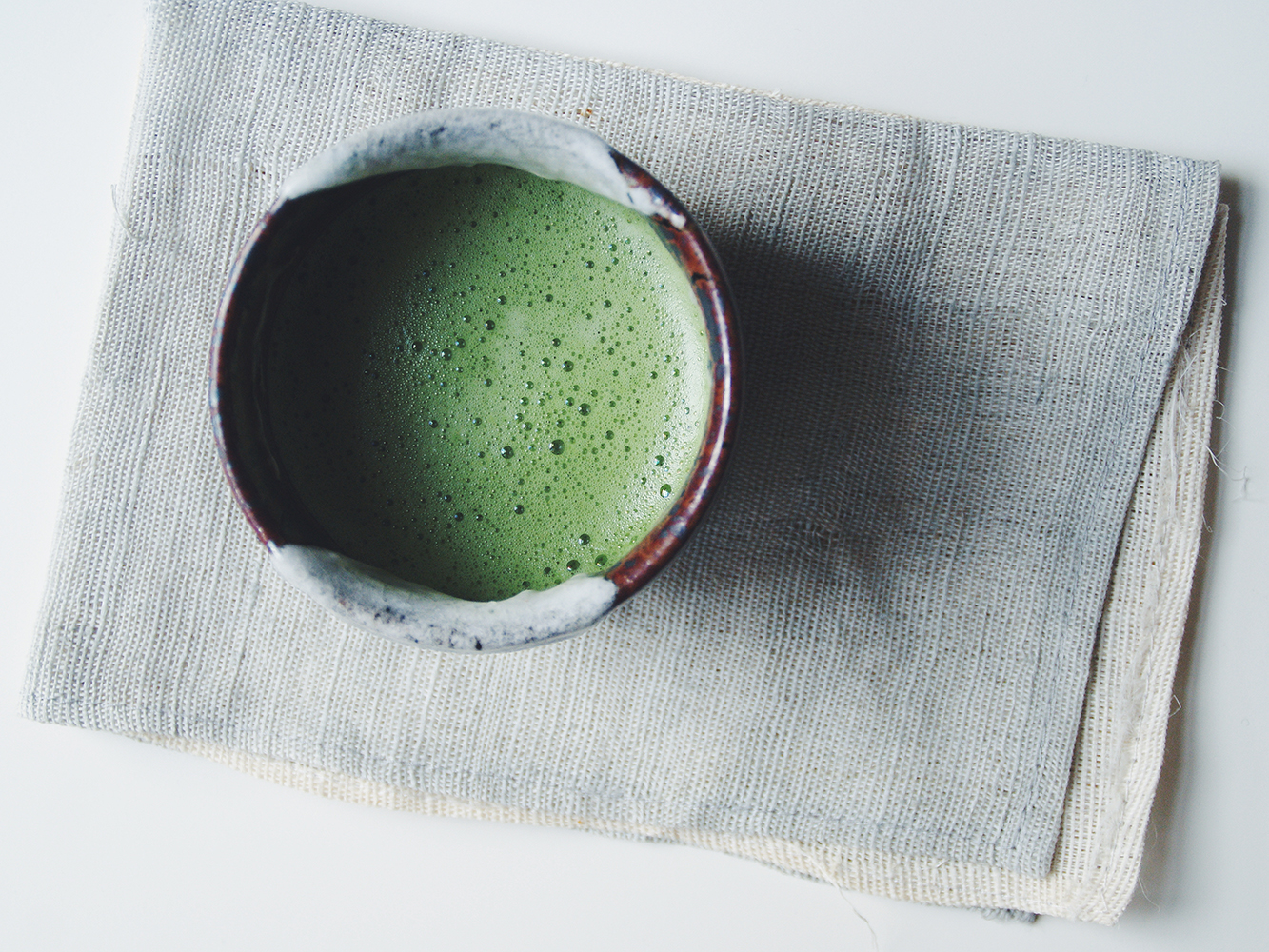
While caffeine is generally an acidic food, green tea is one that actually does more good than harm. "It contains EGCG, which is a powerful antioxidant that helps fight inflammation, leaving the skin clear and moisturized. This antioxidant can also help prevent and reverse skin damage caused by UV rays," Kassin shares.
Even matcha tea has anti-cancerous properties, which can help prevent skin cancer, and polyphenols that are associated with reduced inflammation and lowered sebum production.
5. Zinc
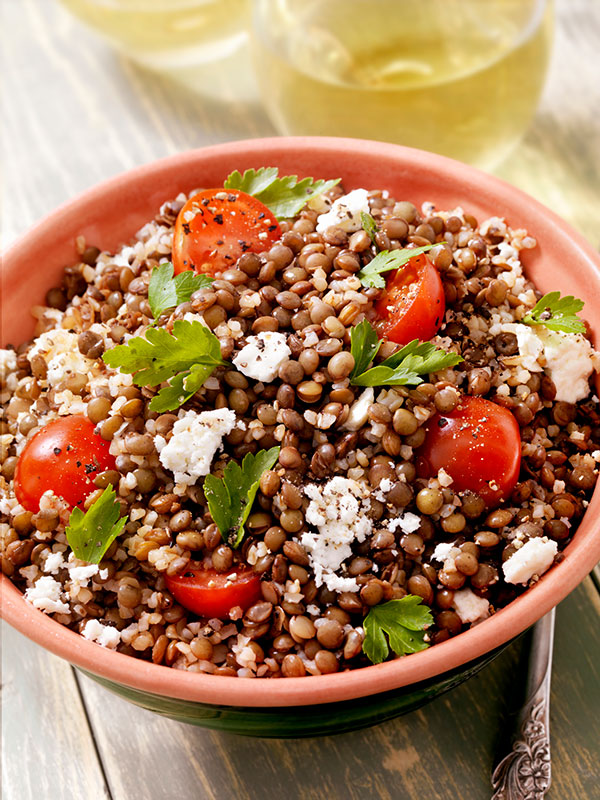
One of the essential minerals that our bodies need, zinc contains anti-microbial and anti-inflammatory properties. It promotes cell repair and helps the lymphatic organs properly eliminate waste.
Zinc doesn't even need to be supplemented, as it is found in a varied diet of cashews, lentils, chickpeas, pumpkin seeds, pine nuts, sunflower seeds, oysters, and fish.
6. Probiotics

Probiotics have been trending for so many reasons, and one reason is that they promote a healthy gut and balanced microbiome, which is linked to reduced inflammation and a lower risk of acne development.
"A healthy gut can influence skin health by decreasing the overall inflammation in the body, which can then lead to improvement in inflammatory skin diseases such as acne, eczema, and psoriasis," says Samantha Conrad, MD, FAAD, a board-certified dermatologist and co-founder of Conrad Petersen Dermatology. "Inflammation in skin structures can also impact states of healing and breakdown of collagen. Although this link between skin and gut has been documented and discussed scientifically for decades, it has only recently gained the recognition it deserves."
Disclaimer
This article is provided for informational purposes only and is not intended to be used in the place of advice of your physician or other medical professionals. You should always consult with your doctor or healthcare provider first with any health-related questions.
-
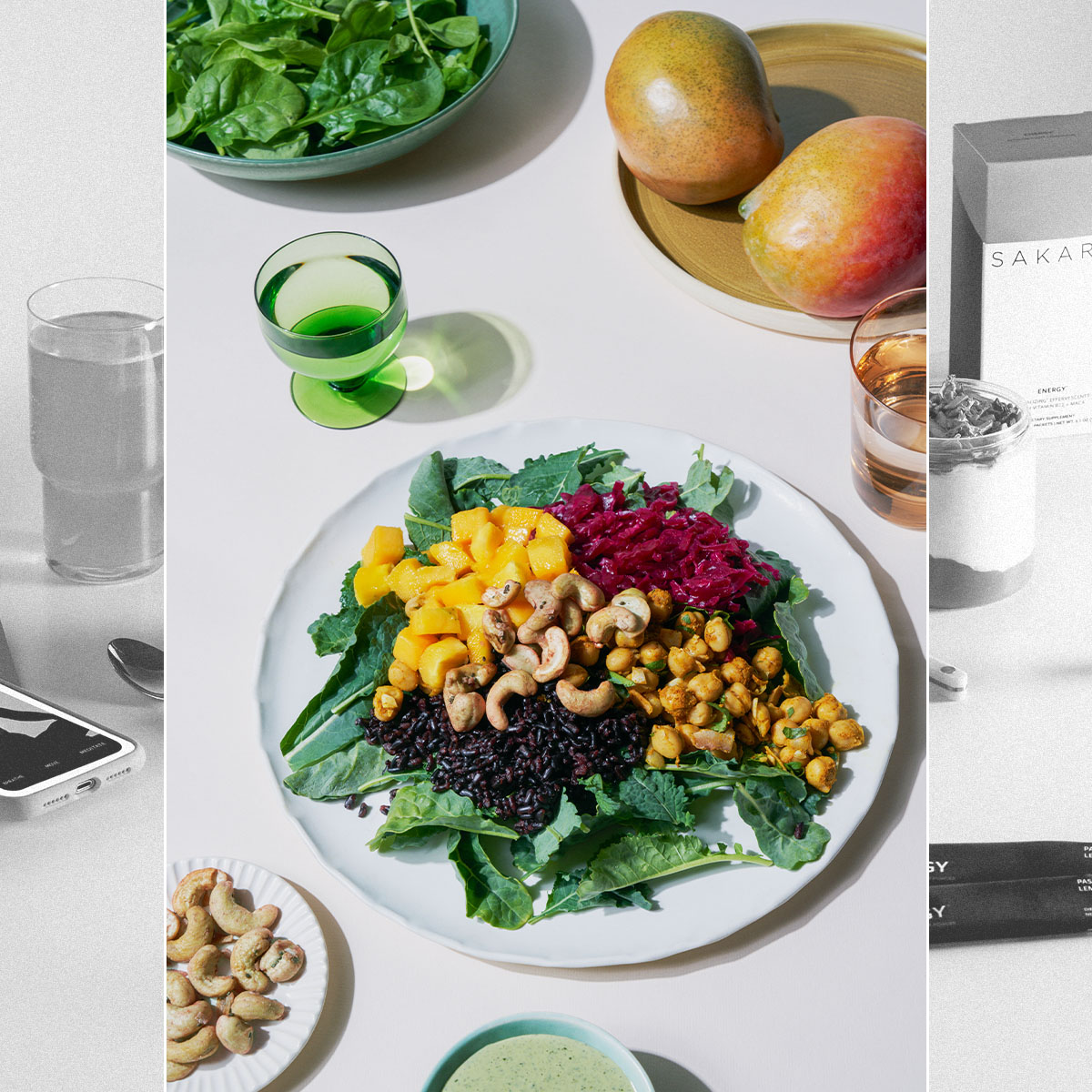 Bella Hadid and Gwyneth Paltrow Apparently Love Sakara Life, so We Tried It for 30 Days
Bella Hadid and Gwyneth Paltrow Apparently Love Sakara Life, so We Tried It for 30 DaysHere are our honest thoughts.
By Erin Jahns
-
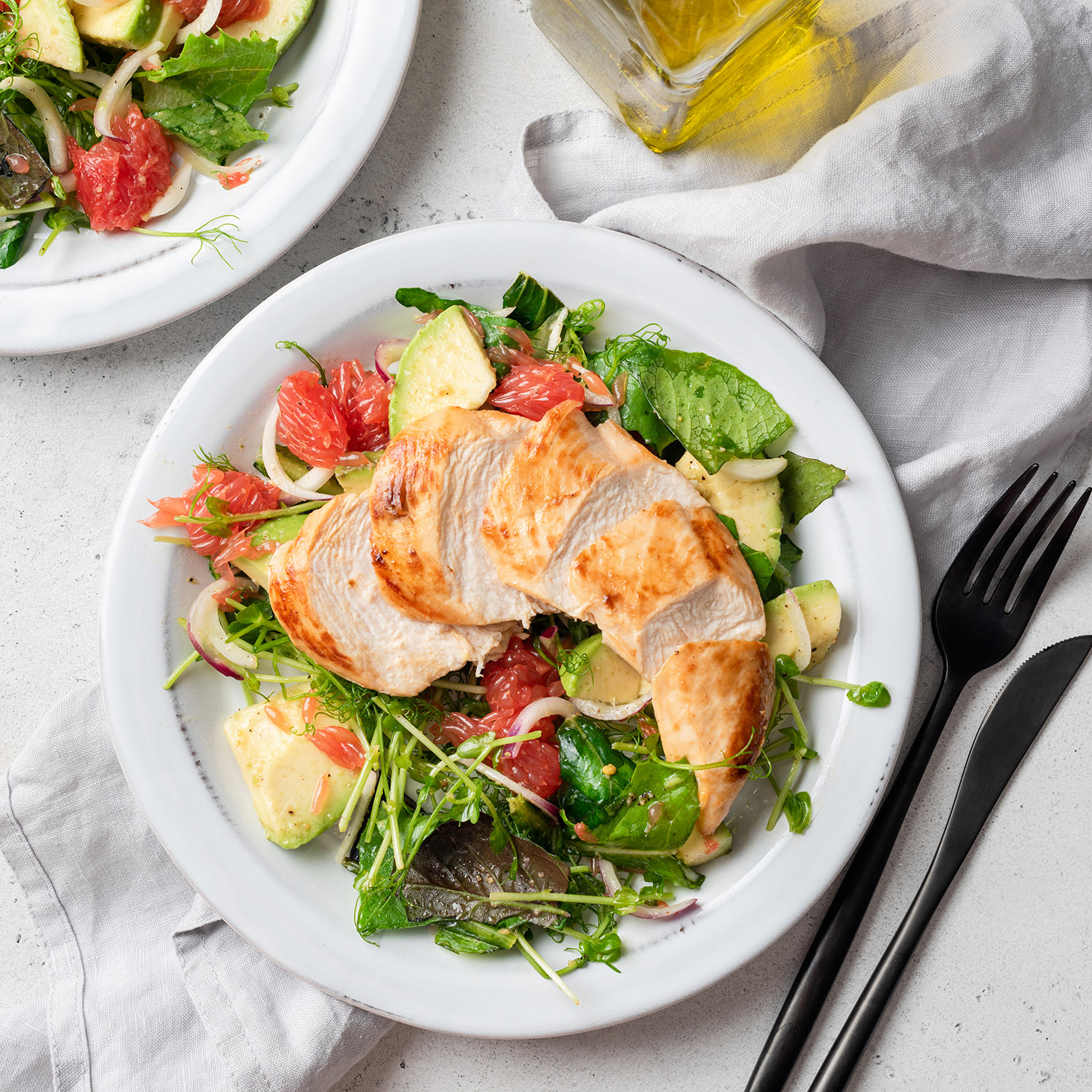 The 6 Warning Signs You're Not Getting Enough Protein
The 6 Warning Signs You're Not Getting Enough ProteinAnd what to eat to up your intake.
By Sarah Yang
-
 Everything This Professional Ballet Dancer Eats to Fuel Her for Performances
Everything This Professional Ballet Dancer Eats to Fuel Her for PerformancesHer grocery staples include high-quality French butter.
By Candice Aman
-
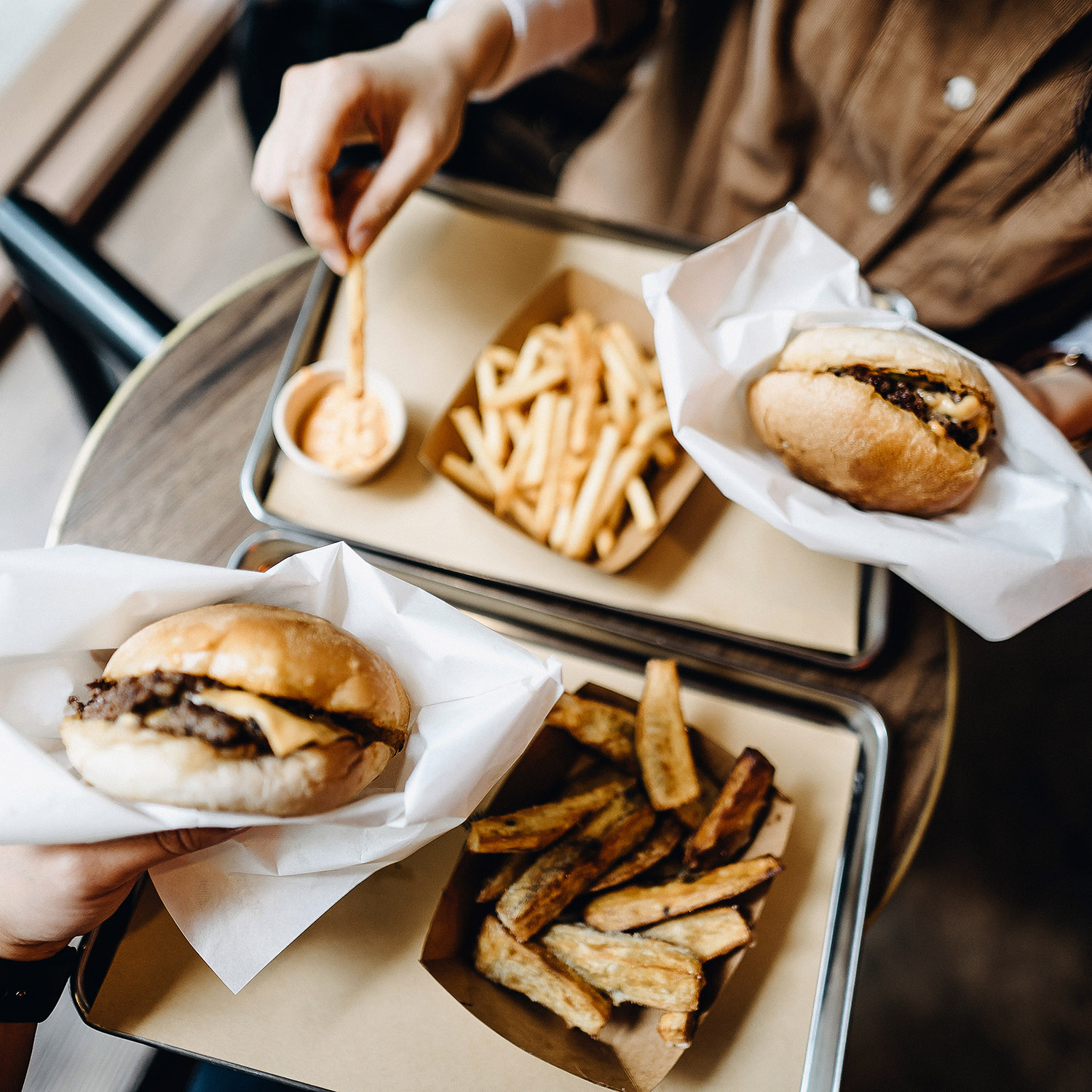 These 8 Foods Are the Worst for Rosacea—Here's What to Eat Instead
These 8 Foods Are the Worst for Rosacea—Here's What to Eat InsteadControl those flare-ups.
By Sarah Yang
-
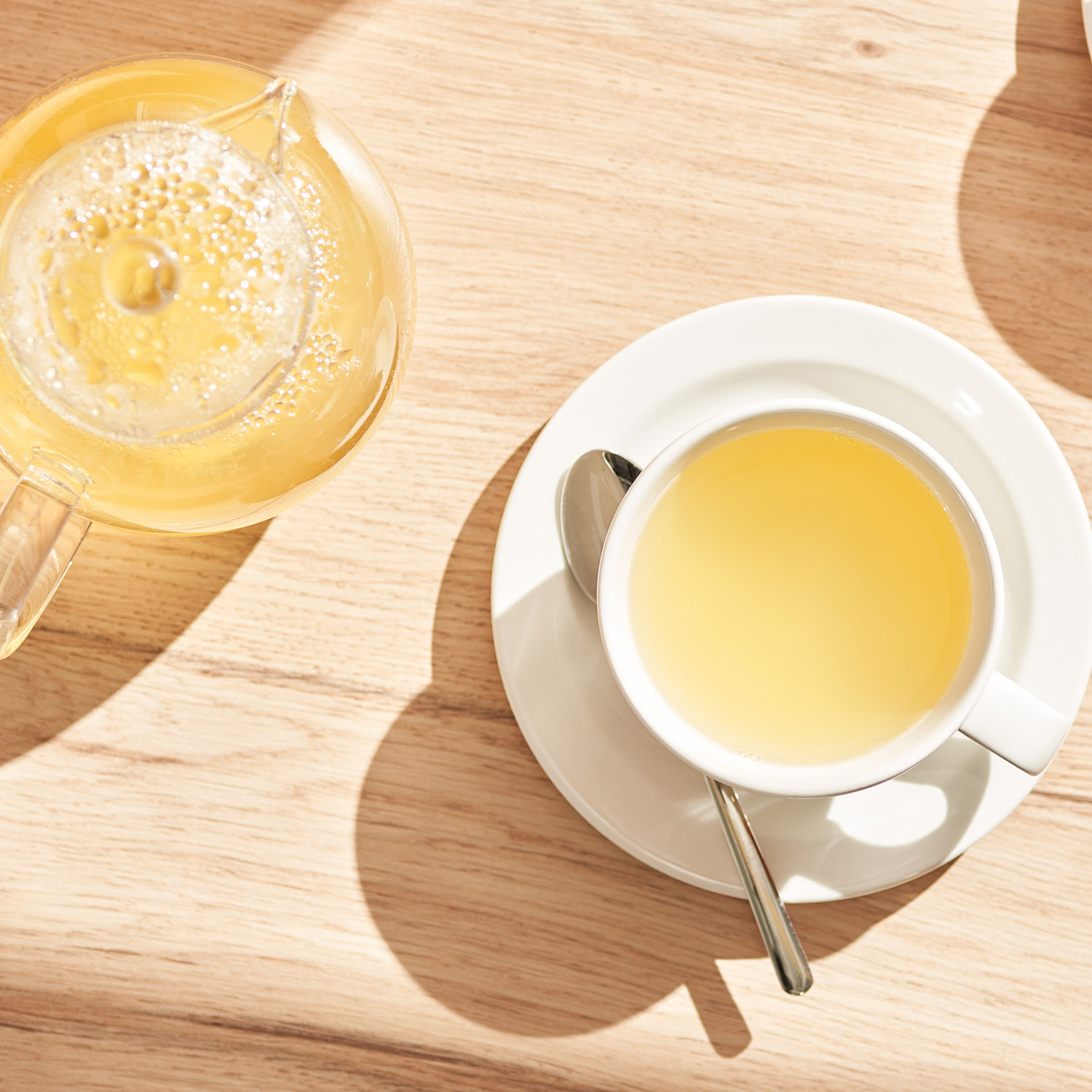 15 Things That Cause Bloating and How to Get Rid of It ASAP
15 Things That Cause Bloating and How to Get Rid of It ASAPTry these.
By Sarah Yang
-
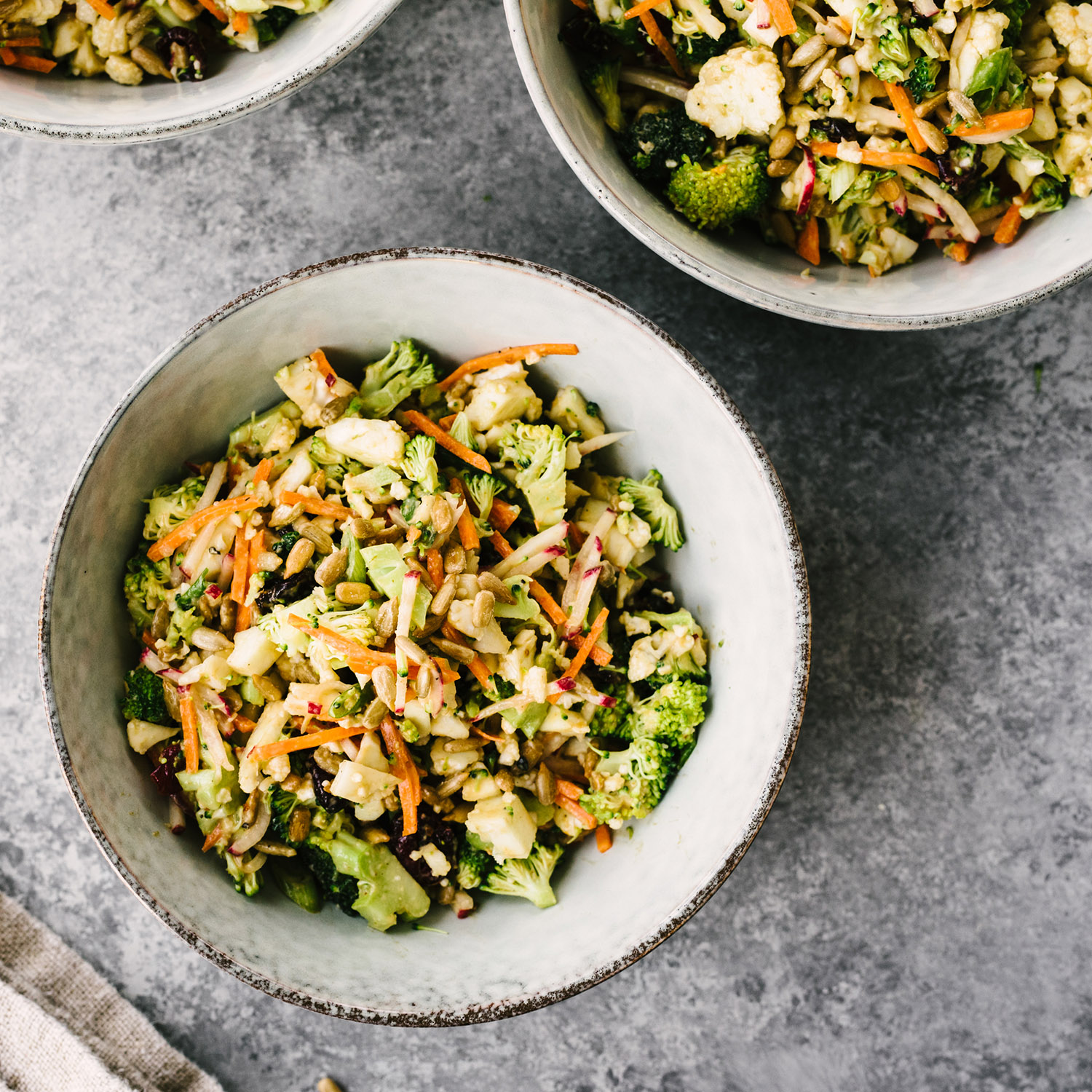 Is the Alkaline Diet Overhyped? What Experts Want You to Know
Is the Alkaline Diet Overhyped? What Experts Want You to KnowHere's how it works.
By Sarah Yang
-
 I'm an Imperfect Dietitian and My Key to Eating Healthy Meals Is Convenience
I'm an Imperfect Dietitian and My Key to Eating Healthy Meals Is ConvenienceTake a peek at my weekly grocery staples.
By Candice Aman
-
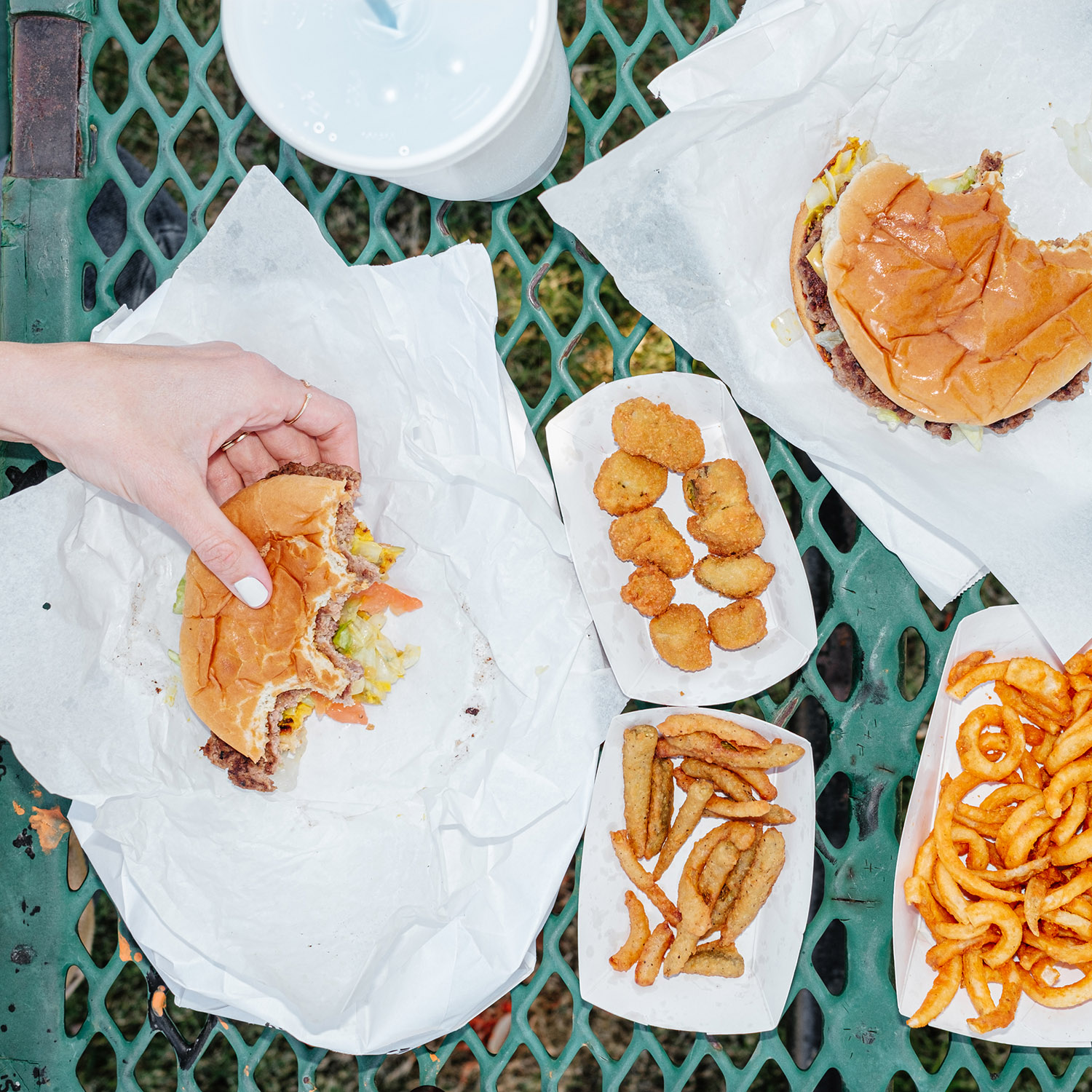 Avoid These 6 Foods—They'll Wreck Your Gut Health
Avoid These 6 Foods—They'll Wreck Your Gut HealthWhat to eat instead.
By Sarah Yang
